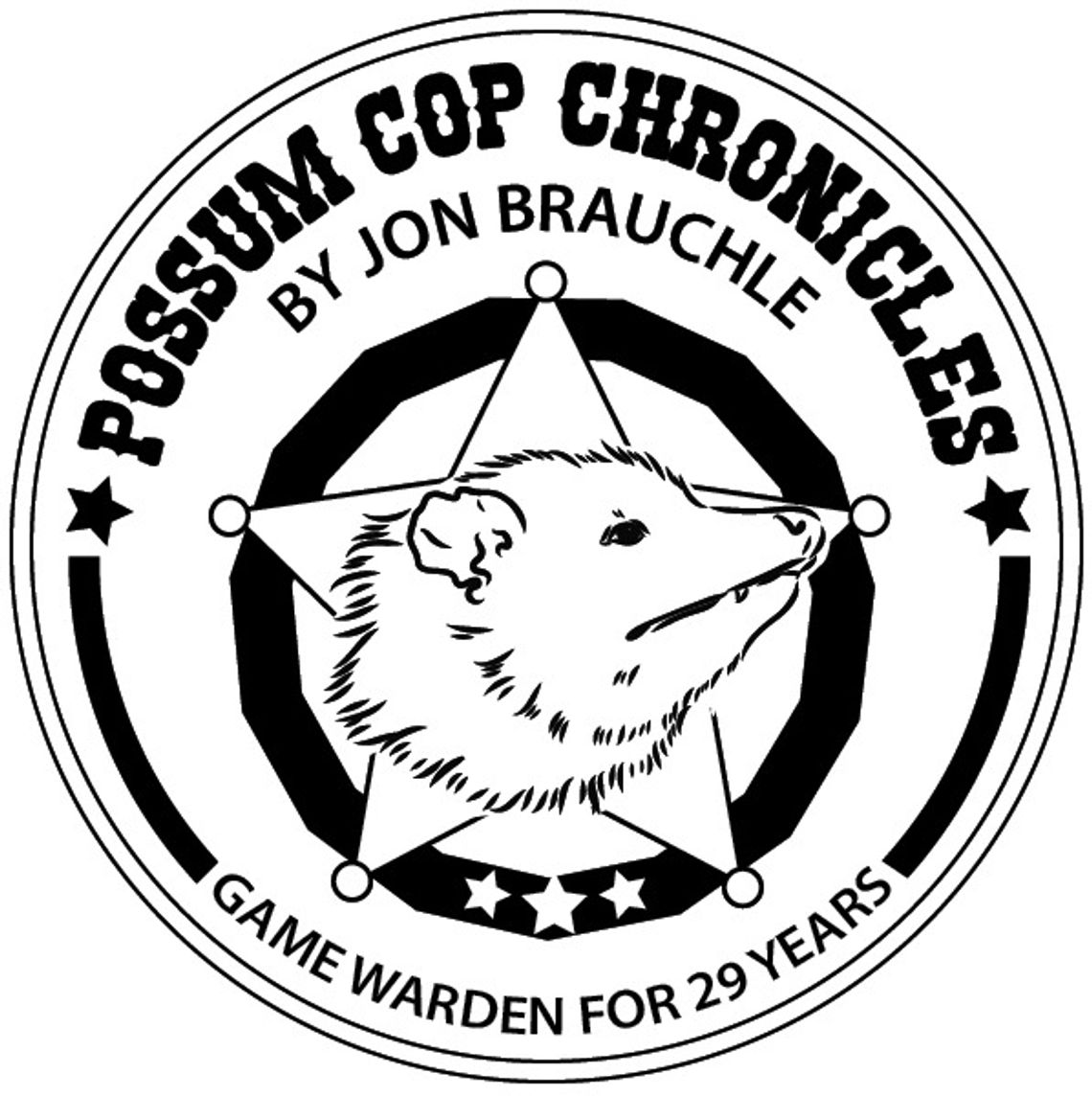The Myth
I don’t know how many times I’ve heard some version of the myth that “game wardens are the most powerful peace officers in the state” since I got out of the Texas Game Warden Academy in 1991.
And I’d be lying if I said I didn’t know one or two game wardens (maybe even me, once or twice, under the direction of my supervisor, of course) who used that myth to their advantage over the years. But the truth is that it’s just not true.
The Fourth Amendment to the Constitution, guaranteeing the right of people “to be secure in their persons, houses, papers and effects against unreasonable searches and seizures” applies to all peace officers — even game wardens.
BUT — there are exceptions. Recently I saw a cute little Facebook post that showed a Texas game warden next to his truck with “Things to never ask a game warden” superimposed on the pic.
Over 200 equally cute comments accompanied the post.
One comment was, “Have you ever heard of the Fourth Amendment?”
The comment sparked all kinds of “game wardens are the most powerful peace officers in the state” comments as well as others that were far less flattering if not downright mean. One dude said something about the myth being the reason a game warden is always present when the cops need to search for something without a warrant. Huh??? What the … I guess it’d go something like this: knock-knock, knock, knock-knock … “Police! Open the door!”
(Home occupant opens the door). “Hello, officer — is there a problem?”
“You danged-well better believe there is! We have reason to believe we need to search this residence!”
“Um, well … do you have a warrant?”
(Officer smiles, steps back and points to the game warden standing behind him) “Boy — this here game warden is all the warrant I need!” “OH, uh … I guess come on in, then.”
Uh, NO — unless the cop that knocked on the occupant’s door saw that person shoot someone in their front yard immediately before running into the house, he’d better have a warrant.
So why all the confusion? Well, I’m not an attorney, but Sec. 12.102 (b) of the Parks and Wildlife Code states: “… A game warden or other peace officer commissioned by the department who observes a person engaged in and activity regulated by this code or under the jurisdictions of the commission or reasonably believes that a person is or has been engaged in an activity regulated by this code, blah, blah, blah, may inspect: (1) any license, permit, tag, or other blah, blah, blah (2) any device that may be used to hunt or catch a wildlife resource (3) any wildlife resource in the person’s possession and (4) the contents of any container or receptacle that is commonly used to store or conceal a wildlife resource.
MAN — that was exciting! Reading statutes straight out of the law book or, in this case, right here in The Possum Cop Chronicles is exhilarating, indeed.
But what does all that legal gobbledygook mean? In layman’s terms, if you are sitting on an ice chest while fishing and refuse a game warden’s polite request to look into that ice chest, the game warden is going to politely encourage you to move off of it and have a look anyway.
Likewise, if you are out dove hunting and you refuse the game warden’s polite request to look into the various and sundry possible dove-concealing containers or receptacles in the back of your truck, the game warden will look into said containers or receptacles, as politely as you let him, anyway.
Thus concludes this possum cop’s first, and quite possibly last, treatise on constitutional law. I’ll be back with another thought-provoking tale or treatise of some sort next week.





.png)
